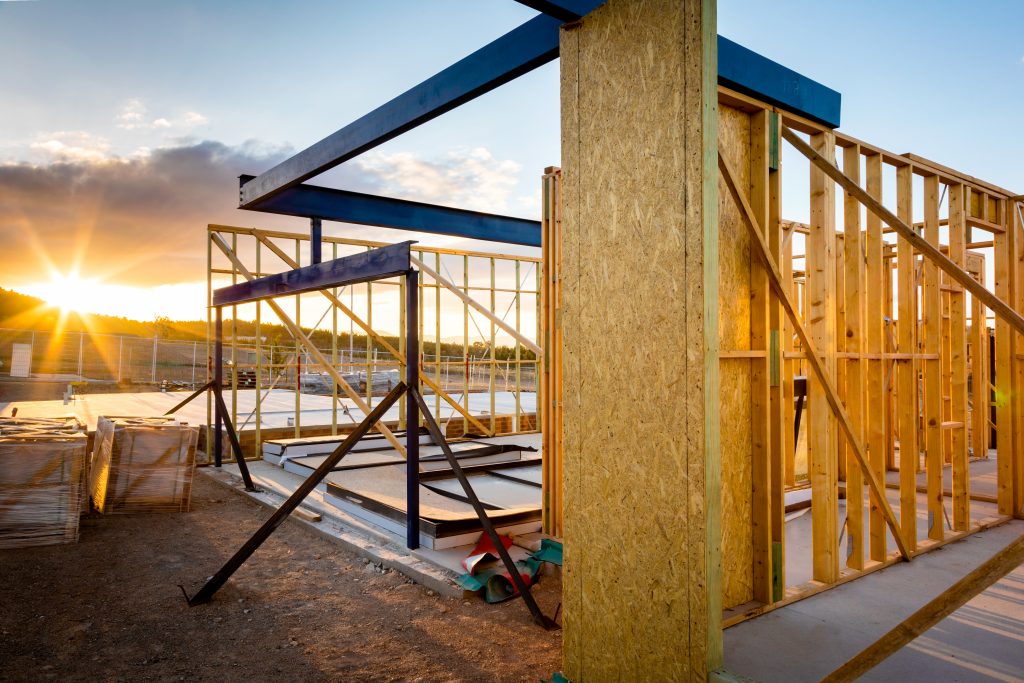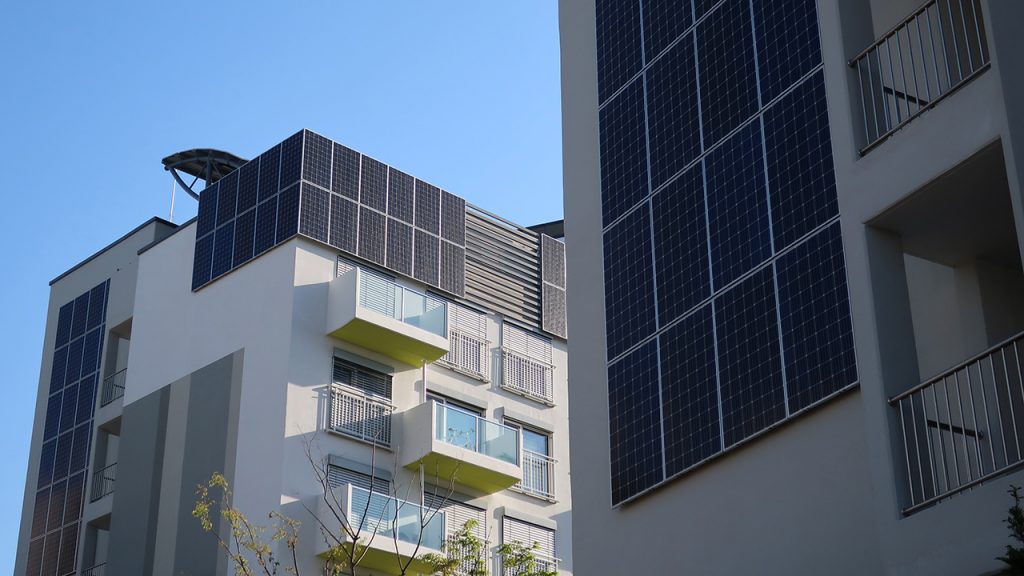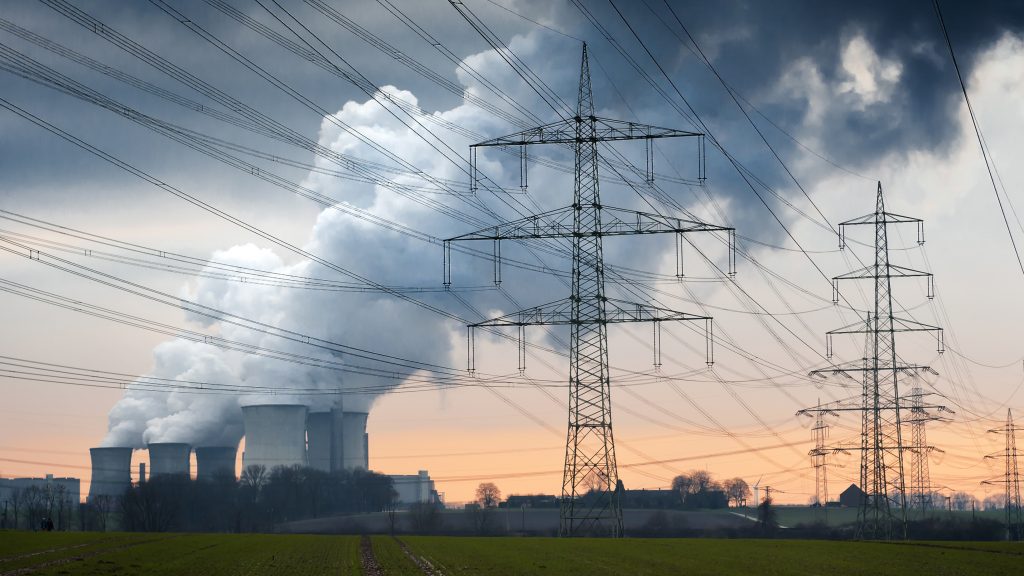Energy Consumers Australia will fund new projects under its Grants Program, stepping up support for small businesses in the energy system while continuing to prioritise energy efficient housing and improved access to rooftop solar for apartment owners.
The projects, which will receive a total of $672,000, were recently approved by the ECA Board and represent the final round of Advocacy and Research Grants to be funded under the program for 2021. Recipients include Business Australia (BA) and the Council of Small Business Organisations Australia (COSBOA), both of which won funding for projects that seek to better understand the energy needs of small businesses and to improve resources and information for small businesses attempting to navigate the energy system and Covid-19.
Other projects to receive funding include a major study into household consumer attitudes and preferences when it comes to energy efficient housing, as well as research into reducing some of the barriers to installing rooftop solar for apartment owners. Since 2015, we have committed more than $15.3 million in grants funding, enabling recipients to carry out research and advocacy on behalf of consumers who are often limited or blocked when it comes to participating fully in the energy system and energy transition.
“Small businesses employ 50 per cent of Australians and we know from our own research that these businesses are often leading the way when it comes to pursuing energy efficiency and generating their own electricity,” our Chief Executive Officer Lynne Gallagher said.
“But we also know many business owners have struggled during the Covid-19 pandemic and that managing energy costs and finding help or advice when times get tough can be a challenge.”
“We are pleased to be able to support this sector through our Grants Program, as well as to address the energy divide between owners of detached housing and apartment owners when it comes to energy efficient homes – a big focus for us going forward.”

Next steps for SME energy policy and support – Business Australia - $150,000
This project seeks to work with small business energy consumers to understand how they feel about energy and how they use it, leading to insights that will inform the design of future energy support policies and services for small businesses. The Australian Competition and Consumer Commission (ACCC)’s Retail Electricity Pricing Inquiry found that small business customers’ engagement with retailers, whether searching for offers or dealing with day-to-day issues like billing, can be just as difficult as it is for their household counterparts. However, electricity costs for small businesses can be far higher, representing a major part of operating costs. Small business owners can be time poor and often lack the resources to identify and implement energy efficiency measures.
By asking Small to Medium Enterprises (SMEs) how they interact with the energy market in five specific areas: getting energy advice, procurement, energy efficiency upgrades, renewables, and becoming net carbon zero certified – BA will gauge their awareness and take up of what is
currently on offer and most critically, assess the barriers to their engagement with each of these areas.
The project will guide policy development by identifying gaps in existing energy interventions on behalf of small business and flag ways that barriers can be overcome in future.
It will also:
- Improve available information about SMEs’ energy practices and needs through survey data and use of existing data.
- Make actionable recommendations for design of future SME-oriented policies, programs, and services, including those provided by BA.
- Raise the profile of small business energy issues through a launch event and media promotion of research findings.
“These findings will enable strong advocacy that can be presented to government, decision-makers and other key stakeholders to improve understanding of how to achieve better outcomes for small businesses,” Ms Gallagher said.

Small Business Power – Council of Small Business Organisations Australia - $147,900
The Council of Small Business Organisations Australia (COSBOA) has received funding to identify the policies and programs that provided effective assistance to small business through Covid-19, with the aim of understanding which protections should be maintained, and built into current regulatory settings.
COSBOA’s project aims to:
- Establish an evidence base to ensure small business energy interests are adequately represented in government decision-making.
- Promote the implementation of effective government consumer protection policies and programs through advocacy by COSBOA and its members.
- The project intends to influence government and regulatory decisions to implement effective and fit for purpose consumer protections for small businesses that will improve demand-side engagement and decision-making. That will be achieved through an improved evidence base and a stronger small business voice in decisions.
“We are pleased to support this project because the lack of qualitative data on consumer protections limits the ability of small business advocacy groups to engage meaningfully in this space,” Ms Gallagher said.
“This absence of information can also cause significant detriment to small business energy consumers, many of whom feel they lack a voice in the formation of energy policy or are unaware of the protections available to them.”

Understanding consumer attitudes to home energy performance - Renew - $194,125
Energy efficient homes offer improved safety, comfort and health as well as cheaper bills and lower emissions for the people who live in them. Much work is needed before policy across jurisdictions and portfolios -- as well as energy efficiency standards -- can successfully extend these benefits to all. This project, led by Renew, will build a strong evidence base for change by researching consumer experiences and attitudes to home energy performance, including bills and comfort.
It will propose a clear way to communicate the resulting insights to Government to influence key decisions, including the 2022 National Construction Code (NCC).
The Australian Building Codes Board has released a Consultation Regulation Impact Statement on energy efficiency ahead of the government’s decision on the 2022 NCC. A common argument against increasing energy efficiency standards and measures is that consumers do not value and do not want more energy efficient housing. While many advocates believe this is untrue, there is a lack of credible research demonstrating consumer attitudes and experiences when it comes to home energy standards. Consumer views are not clear and are not available as a guiding input for decision makers.
Using qualitative and quantitative research on consumer views and testing messages for communicating a consumer perspective, this project will strengthen how consumers are heard by decision makers by elevating consumer experiences, building capacity for long-term advocacy.
“Home energy efficiency makes for healthier and more affordable housing but it also has a major role to play in reducing emissions,” Ms Gallagher said.
“Eight million ‘leaky’ Australian homes contribute around 18-20 percent of Australia’s total carbon emissions. Energy efficiency measures also assist in reducing demand, which lowers prices for all and can make our energy system fairer and more equitable for all.”

Spreading the Power: University of Wollongong - $19,572
A significant barrier to a fair and equitable energy transition is the energy divide between homeowners living in apartments and those in detached housing. CSIRO research identified dwelling type (e.g unit, apartment) as the third most critical barrier to the adoption of solar PV, behind only financial costs, and home ownership status.
According to the 2020 Australasian Strata Insights, 9% of the Australian population live in strata apartments and, for this reason, are often excluded from achieving benefits of rooftop solar such as greater energy independence, cheaper bills, and lowered emissions. Ownership structure has been cited as a major issue– strata schemes require agreement of a majority of owners, a negotiation that can be complex and contested.
This University of Wollongong project will identify pathways to solar photovoltaic (PV) adoption for Australia’s apartment owners by unearthing the cause of barriers to entry and investigating potential solutions.
Empowering apartment owners, providing tools to advocates and other change agents, and providing a robust evidence base for policy makers via an Apartment Solar Adoption behaviour change model, the project will champion solar retrofits in a manner that takes into account varying degrees of motivation, ability to act, and opportunities with apartment strata.
“This project stood out for its plan to identify effective ways to provide information, advice, and non-financial support initiatives to improve energy performance standards in apartment buildings and meet communication preferences of different household types,” Ms Gallagher said.
“We regard this as an essential step on the very important journey of elevating energy efficient housing to be a critical issue for consumers and decision makers.”

Local Energy Futures – Total Environment Centre - $ 160,306
We often talk about the two energy system transitions that are occurring right now – the first, a shift from fossil fuelled generation to a system that is powered by renewable energy, allied with storage. The second transition, which is being driven by millions of Australian households and businesses, is about the shift to consumer and community-owned generation and storage (including rooftop solar, batteries and electric vehicles). To enable this second transition and rethink our system to place consumers and their resources at the centre, some regulatory reform will be required.
The Total Environment Centre’s project will tackle several of the key regulatory processes underway with the Australian Market Bodies and Distributed Network Supply Providers (DNSP) and advocate, through submissions, engagement and working group processes, to remove barriers to consumer agency and empowerment in the energy transition
By influencing regulatory reforms related to Distributed Energy Resources (DER), this project hopes to accelerate the transition to a resilient, low carbon energy system in an economically efficient, socially equitable and inclusive manner.
Media Contact: Dan Silkstone, 0414622762
Energy Consumers Australia is the independent, national voice for residential and small business energy consumers. We enable residential and small business energy consumers to have their voices heard by the sector by working with other consumer groups to gather evidence-based research with a national perspective, distil it to key viewpoints, and feed it back to the market to influence outcomes.

